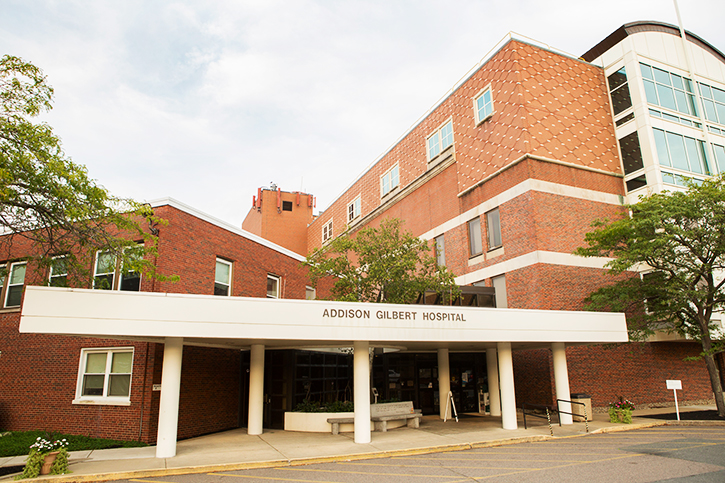Get Started
Take the first step on your journey toward better health.

The Mammography Department at Addison Gilbert Hospital offers advanced screening and diagnostic mammograms as well as breast cancer risk assessments. We use the latest mammography technology and diagnostic techniques.
Planning ahead for your visit can make it as easy and convenient as possible.
Follow Route 128 North to Gloucester. At the Grant Circle Rotary, proceed three-quarters of the way around and exit at the Route 127/Annisquam sign. Follow Route 127 (Washington Street) for 0.3 miles, and the hospital will be on your left.
Take Route 3 or the Expressway North to Route 93 North. Follow Route 128/95 North (exit 28A in Woburn, previously exit 37A). Follow the directions above for Route 128 North.
Once you arrive at the hospital, drive to the parking lot at the back of the building. Enter the Main Outpatient entrance. Proceed straight ahead to our Access Services Registration Area. A representative will register you for your appointment and direct you to the right department.
